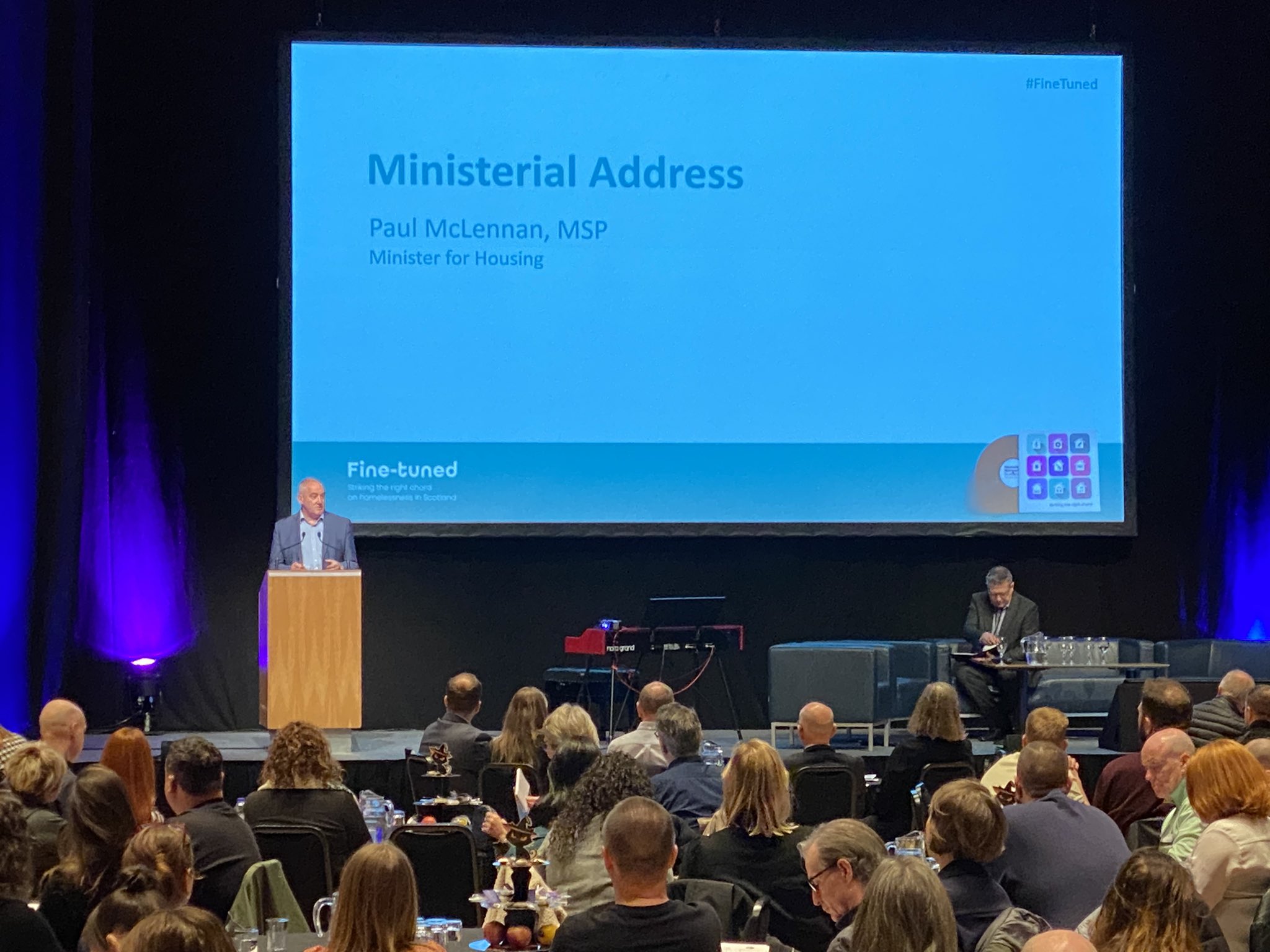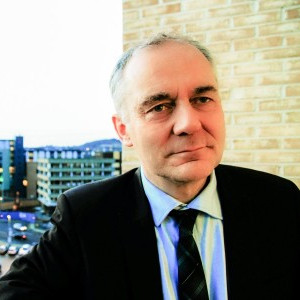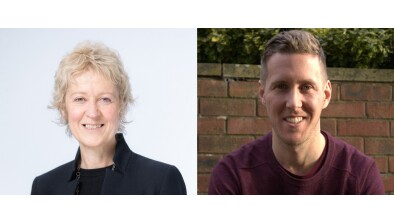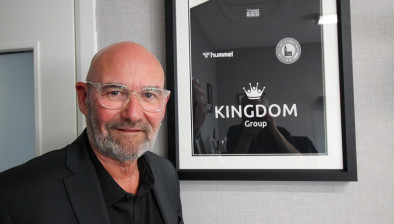Black’s Blog: Homelessness – beating the backlog

Housing minister Paul McLennan addresses the Annual Homelessness Conference
Jimmy Black thinks the rest of us have a lot to learn from Perth & Kinross, and Aberdeenshire.
Let’s ask a hard question. Why is homelessness so low in Perth & Kinross when over in West Dunbartonshire it’s very high? Why are the figures in Aberdeenshire so much better than they are in Dundee?
Reach, if you like, for the usual answers. There are housing shortages and poverty everywhere, but these factors do not fully explain why, for example, Stirling has more people in temporary accommodation than Inverclyde.
So it was fascinating to hear Martin Smith from Perth & Kinross (P&K) tell the recent Homeless Network Scotland conference how his council, working with partners and stakeholders, started in 2009 to transform its approach to homelessness. As of 31 March this year, P&K had only 10 households in temporary accommodation.
Martin is a guest on the latest episode of the Scottish Housing News Podcast. He told me that the key was beating the backlog. Where people were temporarily housed in the right size of suitable house, P&K did that sensible thing of letting them stay permanently. If there was furniture or white goods in the flat, P&K let the tenants keep it. Miraculously, housing homeless people quicker makes more tenancies available to people on the waiting list.
Buying back ex-council properties helps, as does bringing empty homes back into use in less populated areas. But over the past year, Martin says the pressures on the service have been “pretty extreme”. There has been an increase in homelessness applications, a decrease in stock turnover, significant numbers of refugees being housed in P&K and more asylum seekers becoming entitled to housing. The cost of living is placing more families in P&K at risk of losing their homes.
Aberdeenshire Council also have a very effective approach to homelessness and the podcast includes a roundtable discussion with Alan Jones, their housing manager for options and homelessness. Aberdeenshire has “flipped” hundreds of temporary flats into permanent lets.
Currently, Aberdeenshire does not use any bed & breakfast as temporary accommodation, a big change from past days when they spent £1.5 million a year on B&Bs. There are two “suitable” buildings which are used for up to seven days while households are assessed and moved on to temporary accommodation. The council also keeps some houses empty as a way of preventing a backlog of homeless people building up.
It would be unfair to criticise other councils’ homelessness services because they do not match the performance of P&K or Aberdeenshire. Circumstances may be very different in their areas of operation. But knowing what has been possible in these authorities should give councillors, and perhaps also auditors, legitimate reasons for challenging their senior officers. That’s what good governance requires.
Our round table discussion with Alan also includes Maggie Brünjes of Homeless Network Scotland, Kieran Findlay, editor of the Scottish Housing News and me. Maggie is hugely critical of the UK Government’s policies which she believes drive people into destitution.
This was an excellent conference, packed full of people with a real knowledge of what homelessness means. I spoke to a delegate called Alan who described some of his experiences, but sadly the recording was faulty and we could not use it. So apologies Alan, hope to see you next time!
The Scottish Housing News Podcast is co-hosted by Kieran Findlay and Jimmy Black. All episodes are available here as well as on the following platforms:










